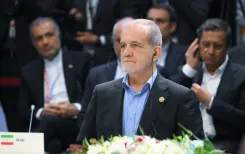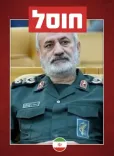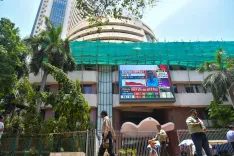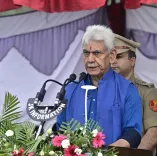Have Israeli Forces Intensified Attacks on Quds Force Headquarters in Tehran?
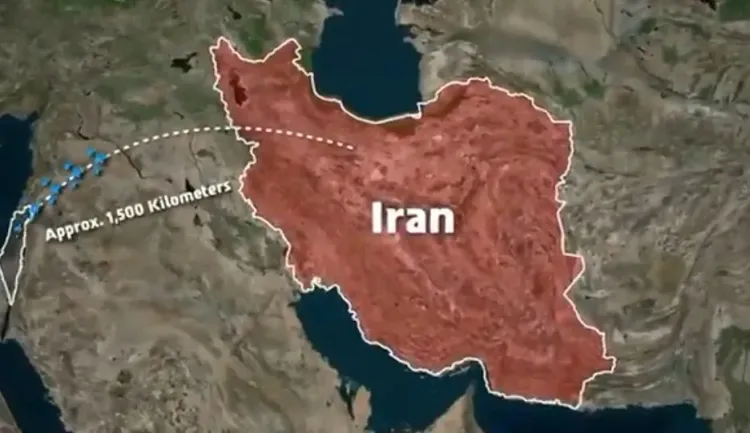
Synopsis
Key Takeaways
- Israeli Air Force strikes Quds Force command centers in Tehran.
- Iran retaliates with ballistic missile attacks into Israel.
- Over 230 casualties reported in Iran, mostly civilians.
- Ongoing Israeli bombardment has led to a humanitarian crisis.
- Iran refuses ceasefire negotiations amid conflict escalation.
Tel Aviv, June 16 (NationPress) The Israel Defense Forces (IDF) declared on Monday that Israeli Air Force fighter jets targeted Quds Force command centers in Tehran, escalating the lethal clash between Israel and Iran.
The IDF reported that these strikes were executed using accurate intelligence and aimed at facilities involved in planning terrorist operations against Israel.
"The Air Force hit the Quds Force headquarters in Tehran. Our fighter jets targeted the headquarters of the Quds Force of the Revolutionary Guards and the Iranian military, guided by precise intelligence from our Intelligence Department," the IDF announced on X.
"At these sites, Quds operatives were plotting terrorist activities against Israel through various branches of the Iranian regime across the Middle East," the statement continued.
An illustrative graphic shared by the Israeli military showed that 10 locations were struck in the operation.
The Quds Force is a specialized unit within Iran's Islamic Revolutionary Guards Corps (IRGC), which is accused by Israel of executing foreign military missions and supporting proxy groups such as Hezbollah in Lebanon.
In response, Iran launched ballistic missiles into central Israel, resulting in at least four fatalities and numerous injuries.
The Magen David Adom emergency service reported that 87 people were transported to medical facilities, including a woman with severe facial injuries and five others in moderate condition. The remaining 81 sustained minor injuries.
On the Iranian side, the civilian death toll continued to rise. After four nights of relentless Israeli airstrikes, Iran's Health Ministry confirmed that over 230 individuals had lost their lives, with approximately 90% of the casualties being civilians.
Despite the escalating death toll, Iran has refused to engage in ceasefire talks while facing ongoing Israeli bombardments.
Tehran has reportedly informed mediators from Qatar and Oman that any meaningful dialogue could only commence after Iran completes its full-scale military response to the Israeli preemptive strikes.
Israel has asserted that its attacks have not only targeted high-profile military installations but have also inflicted considerable damage on Iran's nuclear capabilities.
According to Israeli officials, several senior military leaders and nuclear scientists were eliminated in the targeted operations.
Recently, the Israeli military hit over 80 targets in Tehran. The campaign originally focused on nuclear and military sites but expanded to include oil infrastructure and government buildings.
On Sunday, Israeli forces destroyed two significant fuel depots in Tehran and conducted strikes in Ahvaz, located in the oil-rich province of Khuzestan.
Other crucial targets included the headquarters of Tehran's police and defense ministry, as well as a defense-related facility in Isfahan.


